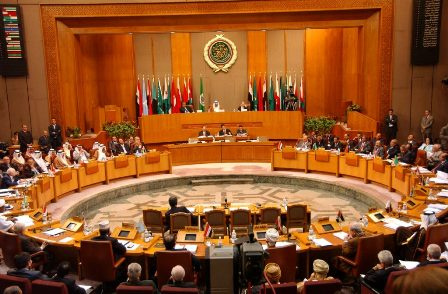Security Preoccupation or Political Gain

In addition to the approach of governments, we witness the people’s approaches, which are considerably different from those of governments. In fact, an important segment of the Arab masses consider the Iranian nuclear program as an asset for an Islamic country which can create a balance with Israel.
At the beginning of the Iranian program, the Persian Gulf countries had a softer approach towards it. However, this approach gradually changed and these governments openly called for the suspension of Iran's nuclear program. They believe that Iran’s nuclear capability will lead to a change in the balance of power in favor of Iran and therefore their positions in the region will be adversely affected. Without being directly involved, these countries try to use the great powers and international institutions to push for a suspension of the Iranian nuclear program.
Another important issue in the approach of Arab countries of the Persian Gulf is their announcement to potentially go nuclear themselves. This issue has three dimensions:
1. They pretend that the nuclearization of Iran is tantamount to the nuclearization of the entire Middle East, which can cause the expansion of an atmosphere of insecurity and regional conflicts in the Middle East.
2. Persian Gulf countries try to move in this direction to achieve prestige and increase their legitimacy and symbolic power, particularly in their public opinion and in the Arab world.
3. They try to present a new pattern for the use of nuclear energy meaning that, without having a complete nuclear fuel cycle, countries can enter the nuclear field. They try to magnify this pattern with the help of the West to show that Iran too can utilize this pattern and put aside its domestic enrichment of nuclear materials.
Saudi Arabia and the Iranian Nuclear Program
One of Saudi Arabia's strategies in the region is to increase tensions with Iran in order to expand the tension between Shiites And Sunnis. Saudi Arabia considers this approach beneficial because it can mobilize Arab countries and the Arab masses for its cause and overshadow some regional developments such as the people's uprisings in the Arab world. Saudi Arabia will not be happy if Iran and the P5+1 countries can solve, through a negotiated process, the nuclear issue. Therefore, in the current situation, the Saudis prefer the tension between Iran and the West in particular on the nuclear issue to continue so that they exert more pressure on Iran utilizing the potentials of great powers at the international level.

